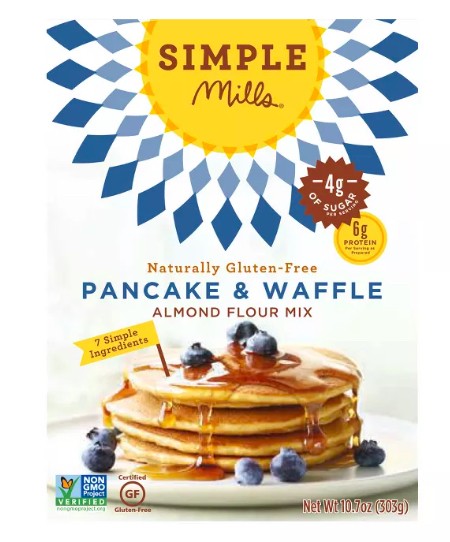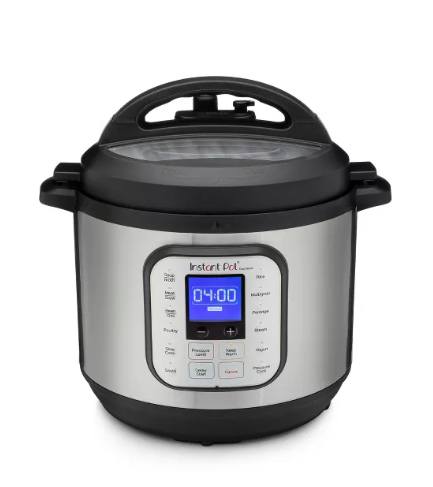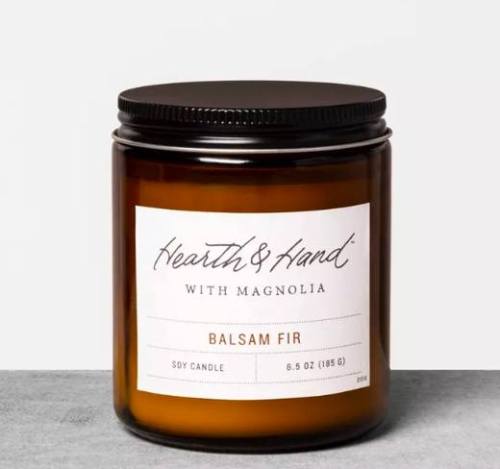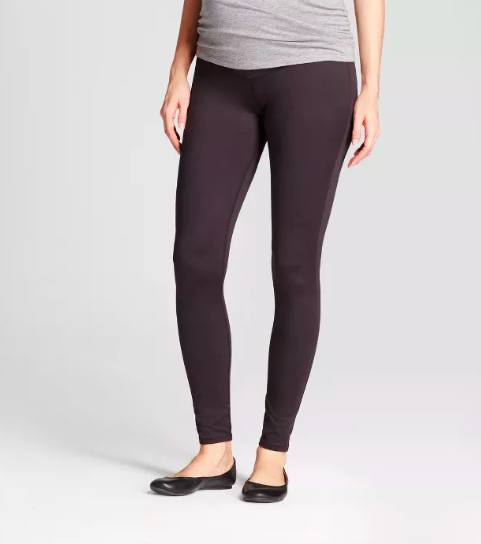advertisement
I’m due to give birth on December 25, and these are the essentials keeping me sane
I'm due to have a baby on December 25, which means I'm hosting my entire family in my third trimester. These are the essentials keeping me sane.

The first thing I did when I found out I was pregnant—after telling my husband, my mom, and my BFF who had predicted I was knocked up (accurately, it turns out)—was calculate the due date. The big day? December 25, 2019. Beyond hoping it didn’t happen exactly then—give the kid a chance at their own special day!—I didn’t think much about it as the months passed. And suddenly, I was in my third trimester.
One benefit of pregnancy is you have a built-in reason to lean into JOMO (joy of missing out, for the uninitiated). If I’m too tired to make it to that holiday party, boom: I simply don’t have to go, no questions asked. It’s a beautiful, albeit Prosecco-free, thing. The one celebration I can’t skip, though? The one with my own family. And because I could be in labor on Christmas day, that means both sides are coming to me.
But because the exhaustion and the swollen feet are real, I refuse to let hostess duties stress me out. Instead, I’m outsourcing the heavy lifting to these handy essentials, which, with one simple “add to cart” mean I don’t even have to waddle my way to the store.
Pregnant? Not pregnant? Either way, these must-haves will save you from a hostess meltdown. Slip into your maternity (or non-maternity) leggings and cozy up: We’ve got shopping to do.
Scroll down for the stress-free holiday hosting essentials you need—whether you’re in your third trimester or not.

Opalhouse™ Embroidered Hem Towel, $10
Even though guests will be tucking in at night in the comfort of their own hotel rooms (I do live in a small New York City apartment, after all), I still want a nice set of fluffy hand towels in my bathroom for the full “why yes, I am a total adult who is about to be responsible for another human and has the matching linens to prove it” effect. These ones fit the bill, with a cute tassel detail that feels festively appropriate.

JBL Link View Speaker with Google Assistant, $300
As seasoned podcast and playlist listeners, a quality speaker is an essential at our place. This one delivers on that front, while also boasting a built-in Google Assistant so I can lord over the music from wherever I’m currently reclining. Plus, I can pull up recipes when I’m in the kitchen instead of hauling my laptop across the room (when you’re in your third trimester, the less you have to bend down to retrieve things the better).

There’s something about card games that feel nostalgic and old-timey, which is the exact mood to go for when hanging with family during the holidays. Don’t be fooled by the rainbow-colored packaging on this one—it’s basically a more sophisticated version of Uno (that involves numbers) and is totally engrossing for adults, especially ones (*cough*) who are surgically attached to the couch.

Simple Mills Gluten Free Pancake & Waffle Almond Flour Mix, $7
I have gestational diabetes, a fairly common condition that can strike in your third trimester in which your hormones go berserk and cause your blood sugar levels to spike. Translation: Sugar and copious amount of carbs are literally and figuratively off the table for me. This almond-flour pancake mix is lower on both counts, which means I can whip up a holiday brunch that everyone else will enjoy—and I can actually eat. Plus, I can get it delivered with Shipt, so I don’t have to lug bags of groceries back to my apartment.

Instant Pot Duo Nova 8 Quart Pressure Cooker, $100
Did I mention I’m also vegetarian? Yeah, that means vegetables and dairy are currently my main menu staples. That’s why I now count an Instant Pot amongst my kitchen desert-island items, since I can throw together veggie soups crazy fast (the time-saving aspect is key when you’ve got hungry people to please). Warming dishes are pure holiday comfort food, and this eight-quart size means I can feed a small army.

Wondershop™ Pre-lit Artificial Christmas Tree With Clear Lights, $140
To me, it’s not the holidays without a tree, even if it’s mostly for the wintery evergreen vibe. I’m blessed with tall ceilings to accommodate this over-seven-footer, but the slim profile is especially nice in small spaces. And say it with me now: No. Pine. Needle. Messes.

Hearth & Hand™ with Magnolia Balsam Fir Amber Candle, $8
Not having a real tree means I don’t have to haul one home myself (or, who am I kidding, placidly watch while my husband is forced to do so)—but does mean that you miss out on that insanely satisfying fresh scent. Enter this small-but-mighty candle, which does the job with, like, one millionth of the effort.

Isabel Maternity by Ingrid & Isabel™ Black Maternity Leggings, $20
Oh, you thought I was kidding about the maternity leggings? These are my go-to’s, and are just as equipped for holiday movie marathons as they are for dressing up with ankle boots and a long sweater (if you’re not currently gestating a human, these ones are cute as well). Being in your third trimester is kind of like having that post-Thanksgiving meal urge to unbutton your pants 24/7—so with this classic pair, I’m totally covered in the comfort department… even if we have to suddenly make a trip to the delivery ward.
Sponsored by Target
Top photo: Stocksy/Mihajlo Ckovric




